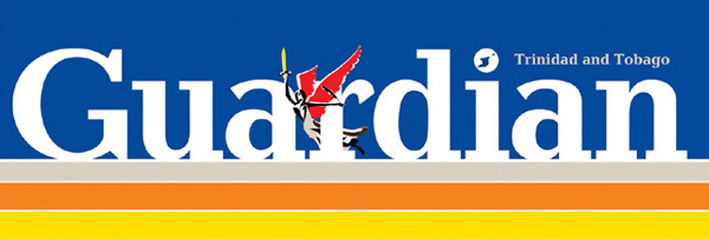In the main, gated communities, office hierarchies, and private spaces are just some of the ways wealthy and poor members of society are kept apart. Yet in bumper-to-bumper traffic—impromptu public spaces not designed specifically for any one-class group—the physical proximity of cars shatter social distance, and stir awareness of class hierarchy.
A simple example is any person stuck in a traffic jam who notes the type of car someone drives, or whether the person is even travelling by private car or by taxi. This observation about economic and social status is a daily scene where society’s class hierarchy and socio-economic differences become visible to each of us.
Traffic isn’t only an encounter between economic classes; it also one between genders, and it tells us about particular problems women face. In maxi and route taxis, as first-hand accounts and news reports constantly demonstrate, women face the potential to be sexually harassed.
Thanks to owning their own cars, many women from the upper and middle classes can, to a degree, avoid the gauntlet of taxi encounters. Yet, stopped in traffic, a female driver or passenger of any class can experience forms of harassment. These range from improper gazes and verbal comments to sexist behaviour and stalking.
Due to the design and height of their vehicle from the ground, women who can afford SUVs have a slight advantage, removing themselves from some of these gazes and forms of harassment. Another example of how class advantage plays out in traffic jams.
In the creation of instant marketplaces where people can hawk goods to a slow-moving conveyer belt of potential customers, daily traffic jams also speak to our local hustler culture. And before you ask who really buys those fluffy dice—just one of many items, from food to car parts, on offer—these improvised marketplaces continue to grow.
Interacting with such vendors is another example of the cross-class encounters on our traffic-jammed highways. Walking and running after cars they might never own, highway vendors are doing what capitalism always does where previously no market existed. Making one. The brief cross-class encounter becomes an organic site of commerce.
The segregation of traffic into Priority Bus Route and those who are not allowed on it highlights privilege within our society. And within some of those vehicles which travel on the PBR are a few people in luxury cars with chauffeurs that allow them to read papers and get work done.
This is a privilege the vast majority of our society does not have. In contrast to the economic and political elites on the PBR, many low-income workers find their lives put at daily risk when foremen or friends encourage them to travel to work in a tray or in the back of trucks. While such travel is against the law, those who are vulnerable economically may have little choice in how else to travel to work, and do what they must.
And there are also those extra special people in our society, those with political power, and how they beat the traffic. At the very, very, top some are completely exempt from traffic because they have access to helicopters.
A select larger number can get a path cleared in bumper-to-bumper highway traffic or stop all traffic, which creates longer delays for the rest of us. Put most simply, when those with political power want to get somewhere—and all their journeys are not of immediate political business (they have to eat and sleep like the rest of us)—traffic avoidance is a metaphor of the inequality between political elites and general citizenry.
Traffic reflects something of who we are as a society. It is a cultural expression. At the bottom of my brief and partial anthropology of traffic on Trinidad’s highways is a simple reality—the need to improve our public transit system. We condemn our society to inertia and persistent inequality if the only attempt to improve our traffic problem is more roads, more private cars, and a few water taxis.
We need a public transit system unlike any seen in the Caribbean before. And we need it yesterday. Making travel more efficient, safe, and equitable is an investment in a fairer society.
http://guardian.co.tt/columnist/2013-04-22/traffic-and-us

 RSS Feed
RSS Feed